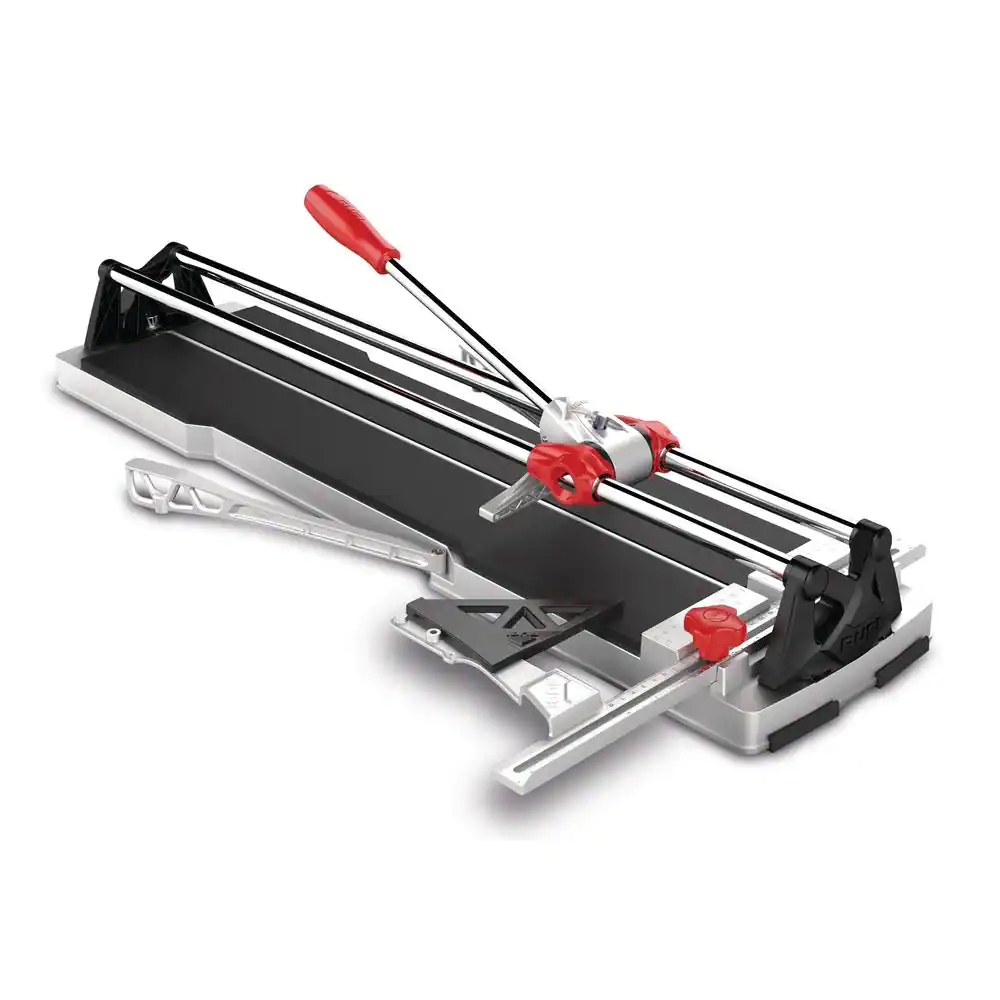Introduction
Setting up a Rubi Tile Cutter may seem like a daunting task, but with the right guidance, it becomes a breeze. In this comprehensive guide, we will walk you through each step, ensuring you master the art of setting up your Rubi Tile Cutter in 2024.

Unveiling the Steps: How To Set Up A Rubi Tile Cutter (2024)
How To Set Up A Rubi Tile Cutter (2024)
Embarking on the journey of setting up your Rubi Tile Cutter requires careful consideration of each step. From unboxing to making that first precise cut, let’s delve into the intricacies.
Unboxing Your Rubi Tile Cutter
As you open the packaging, the anticipation builds. Ensure all components are present. This includes the base, cutting wheel, controls, and any additional accessories. The user manual is your best friend during this process.
Identifying Components
Understanding Your Toolkit
Familiarize yourself with each component. The base provides stability, the cutting wheel delivers precision, and the controls give you command. Knowing your toolkit sets the stage for a successful setup.
Assembling the Base
Building a Stable Foundation
Start by assembling the base. Follow the manual’s guidelines to ensure a stable foundation. A sturdy base is crucial for accurate cuts and overall safety.
Installing the Cutting Wheel
Precision Matters
Attach the cutting wheel according to the manufacturer’s instructions. This step is pivotal for achieving precise cuts. Double-check the alignment to guarantee optimal performance.
Adjusting Cutting Depth
Perfecting Your Cuts
Master the art of adjusting cutting depth. Different tiles may require different settings. Understanding this ensures your cuts are not only accurate but also tailored to the specific tile thickness.
Securing Tiles for Cutting
Ensuring Safety and Accuracy
Before making any cuts, securely place the tiles on the cutter. Follow safety guidelines to prevent accidents. A secure setup guarantees accurate and flawless results.
Powering Up Your Cutter
Mastering the Controls
Familiarize yourself with the controls. Power up your Rubi Tile Cutter and get comfortable with the settings. Understanding the controls is key to a smooth operation.
Making Your First Cut
Guidance for Success
Now comes the moment of truth – making your first cut. Follow the guidelines, take it slow, and enjoy the satisfaction of a precise and clean cut. Congratulations on your successful setup!
FAQs (Frequently Asked Questions)
How do I troubleshoot if my Rubi Tile Cutter isn’t turning on?
Ensure the power source is connected, and the safety features are engaged. If the issue persists, consult the user manual or contact customer support.
What should I do if the cutting wheel wobbles during operation?
Check for any loose connections or misalignments. Tighten the cutting wheel according to the manual’s instructions to ensure stability.
Can I use the Rubi Tile Cutter for different tile materials?
Yes, the Rubi Tile Cutter is versatile. However, it’s essential to adjust cutting depth and speed based on the specific material you’re working with.
How often should I lubricate the moving parts of the cutter?
Regular lubrication is crucial for smooth operation. Follow the maintenance guidelines in the user manual for optimal performance.
Is it normal for the cutter to produce sparks during operation?
Some sparks are normal due to friction. However, if you notice excessive sparking, immediately turn off the cutter and inspect for any issues.
Can I replace the cutting wheel on my own?
Yes, the user manual provides instructions on how to replace the cutting wheel. Follow the steps carefully for a seamless replacement.
Conclusion
In conclusion, mastering how to set up a Rubi Tile Cutter in 2024 is an empowering experience. From the initial unboxing to making intricate cuts, this guide has equipped you with the knowledge needed for success. Remember to prioritize safety, follow the guidelines, and enjoy the seamless operation of your Rubi Tile Cutter.
